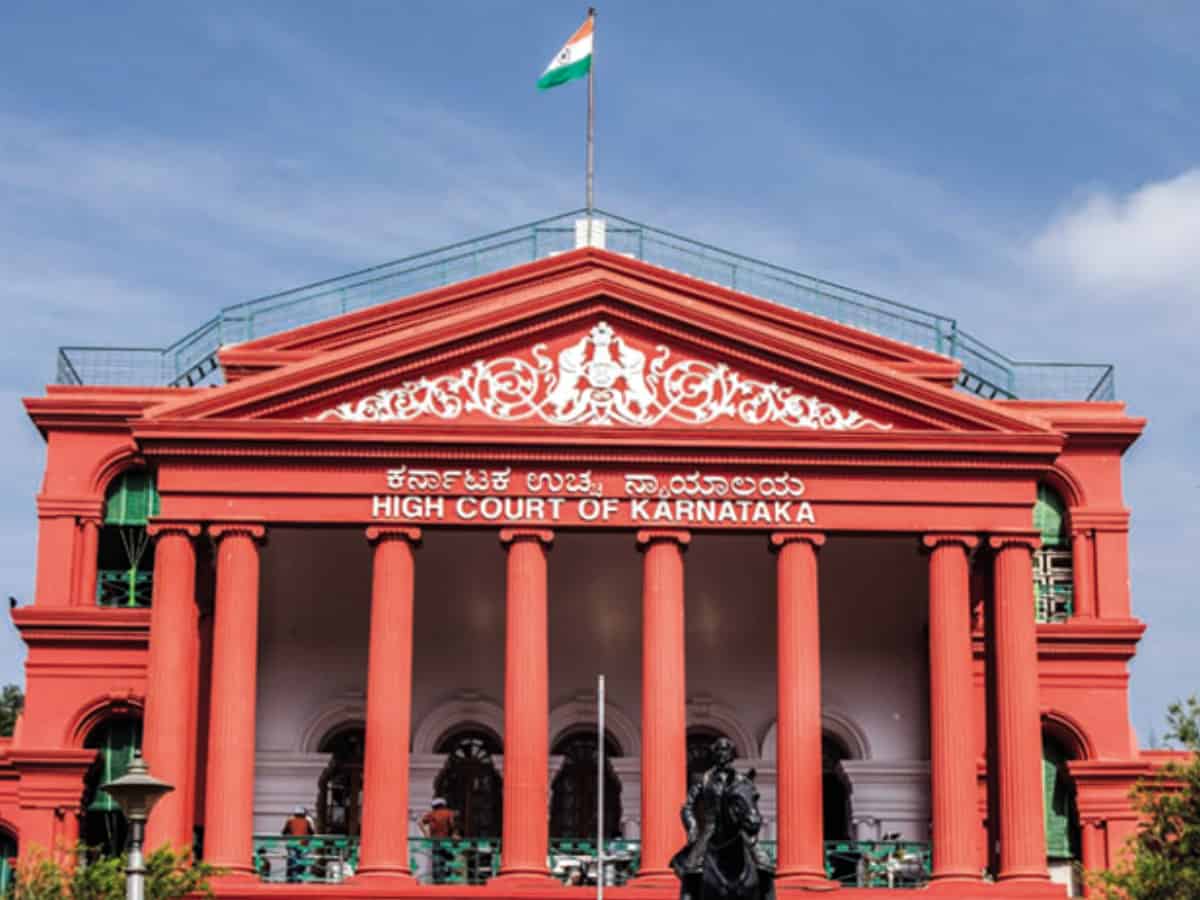[ad_1]
New Delhi: A PIL has been filed in the Supreme Court, seeking the prosecution of short seller Nathan Anderson of US-based firm Hindenburg Research and his associates in India and the US, for allegedly exploiting innocent investors and the “artificial crashing” of the Adani Group’s stock value in the market.
Hindenburg engages in activist short selling, which involves selling borrowed stocks with the hope of buying the same at a lower price later. If the prices fall on the expected lines, the short sellers make a killing.
The investment research firm, which invests its own capital, takes such bets based on its research, which looks for “man-made disasters” such as accounting irregularities, mismanagement, and undisclosed related-party transactions.
The public interest litigation (PIL) matter filed by advocate ML Sharma also seeks directions for declaring short selling an offense of fraud against the investors, to be prosecutable under section 420 (cheating) of the Indian Penal Code (IPC), read with the provisions of the SEBI Act.
Sharma told PTI that his PIL has been registered and numbered by the apex court registry.
The PIL seeks the court’s directions for the registration of an FIR, recovery of the short sellers’ turnover, their prosecution to protect the citizens of India and further action against them for “duping the Indian share market and innocent investors for their vested interest to provide complete justice”.
In his petition, Sharma has said being the regulatory body in the stock and commodity market, the Securities and Exchange Board of India (SEBI) is responsible for a control over the share market and the suspension of trading in which stocks have been oversold or they did a short sale.
According to the PIL, the cause to file the petition arose to the petitioner on January 25, when despite having prior information, the SEBI did not suspend trading qua the Adani Group shares and allowed the short sellers to crash the share market artificially and square up their short-selling position at the lowest rate by “butchering/exploiting” innocent Indian investors in violation of laws.
The shares of Adani Group firms continued to remain weak for the seventh day running on Friday amid a host of negative events surrounding the companies. The stocks of Adani Enterprises tumbled 20 percent to Rs 1,173.55, the lowest in a year, on the Bombay Stock Exchange (BSE).
The Adani Group stocks have taken a beating on the bourses after Hindenburg Research made a litany of allegations in a report, including fraudulent transactions and share-price manipulation, against the business conglomerate led by industrialist Gautam Adani.
The Adani Group has dismissed the charges as lies, saying it complies with all laws and disclosure requirements.
[ad_2]
#PIL #seeks #prosecution #short #sellers #artificial #crashing #Adani #Groups #stock
( With inputs from www.siasat.com )



